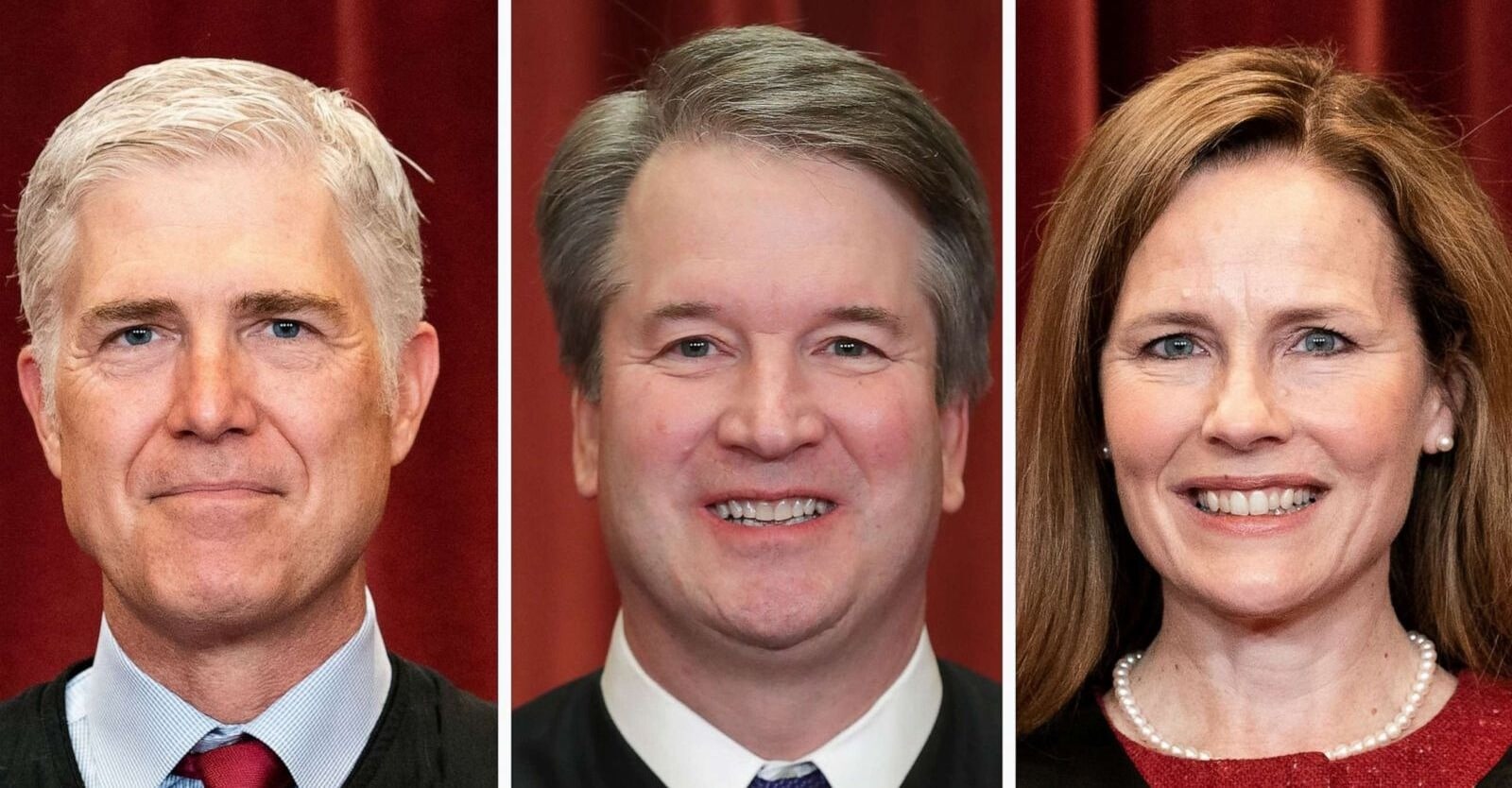OPINION: This article may contain commentary which reflects the author's opinion.
The U.S. Supreme Court issued a momentous decision on Thursday saying that universities cannot overtly take applicants’ race into account when making admissions decisions. This decision will fundamentally alter how colleges may draw in a diverse student population.
The Harvard and University of North Carolina admissions procedures, both of which offer more weight to candidates from certain minority groups, were struck down by the conservative-majority Supreme Court in a 6-3 decision.
“The ruling will force colleges to reimagine long-standing hallmarks of the admissions process and likely jeopardize the representation of Black and Latino students on campuses nationwide. The high court sided with the conservative nonprofit Students for Fair Admissions, which argued that the universities’ admissions processes discriminate against white and Asian American applicants,” Axios reported.
“The court has historically backed affirmative action programs at colleges, including most recently in 2016, when the Supreme Court rejected a challenge to a race-conscious admissions program at the University of Texas-Austin. Some colleges have already had to scrap their affirmative action programs, including the University of Michigan, where Black undergraduate enrollment dropped precipitously after a state ban,” Axios added in its report.
Both UNC and Harvard were sued over allegations of discrimination against Asian and white Americans, with some arguing their civil rights were violated in the admissions process.
Justice Clarence Thomas previously expressed skepticism about affirmative action in university admissions and questioned whether racial diversity has an impact on educational outcomes.
“Students for Fair Admissions, a legal advocacy group which opposes providing applicants an advantage because of their racial identity, has filed complaints against both Harvard University and the University of North Carolina for “employing racially and ethnically discriminatory policies and procedures” when accepting students. The lawsuit against Harvard argued that Asian-American students need significantly higher test scores to gain admission to elite schools,” the Daily Wire reported.
North Carolina State Solicitor General Ryan Park attempted to defend the “educational benefits of diversity” several times, to which Thomas repeatedly challenged him to provide “a specific definition” in the context of the University of North Carolina.
“I’ve heard the word ‘diversity’ quite a few times, and I don’t have a clue what it means. It seems to mean everything for everyone,” Thomas, who is known for speaking very rarely during oral arguments, remarked. “I’d also like you to give us a clear idea of exactly what the educational benefits of diversity at the University of North Carolina would be.”
Park claimed studies have shown that racial diversity leads to “a deeper and richer learning environment” as well as a reduction of racial bias.
Thomas previously made it clear he was ready to strike down affirmative action, calling the practice comparable to “bigotry.”
“I note that racial engineering does in fact have insidious consequences,” Thomas wrote, concerning a challenge to an affirmative action program at the University of Texas. “There can be no doubt that the University’s discrimination injures white and Asian applicants who are denied admission because of their race. But I believe the injury to those admitted under the University’s discriminatory admissions program is even more harmful,” Thomas previously argued.
“Blacks and Hispanics admitted to the University as a result of racial discrimination are, on average, far less prepared than their white and Asian classmates,” Thomas added.
“The University admits minorities who otherwise would have attended less selective colleges where they would have been more evenly matched,” he argued. “But, as a result of the mismatching, many blacks and Hispanics who likely would have excelled at less elite schools are placed in a position where underperformance is all but inevitable because they are less academically prepared than the white and Asian students with whom they must compete. Setting aside the damage wreaked upon the self-confidence of these overmatched students, there is no evidence that they learn more at the university than they would have learned at other schools for which they were better prepared. Indeed, they may learn less.”
Alex Deise, an attorney and policy manager at FreedomWorks, previously argued the Supreme Court could deliver a “historic” decision to abolish the “ability for higher education to use race-based affirmative action in admissions.”
“By taking these cases, the Supreme Court has a historic opportunity to eliminate the ability of colleges and universities to explicitly discriminate on the basis of race in their admissions process,” Deise said.
“The Court made a serious mistake in Grutter v Bollinger (2003) when it upheld these processes under the false notion that the educational benefits from a diverse student body were more important than the Equal Protection Clause’s central command of race neutrality,” he added. “The Court should overrule Grutter and heed Chief Justice Roberts advice from a similar case that ‘the way to stop discrimination on the basis of race is to stop discriminating on the basis of race.’”
